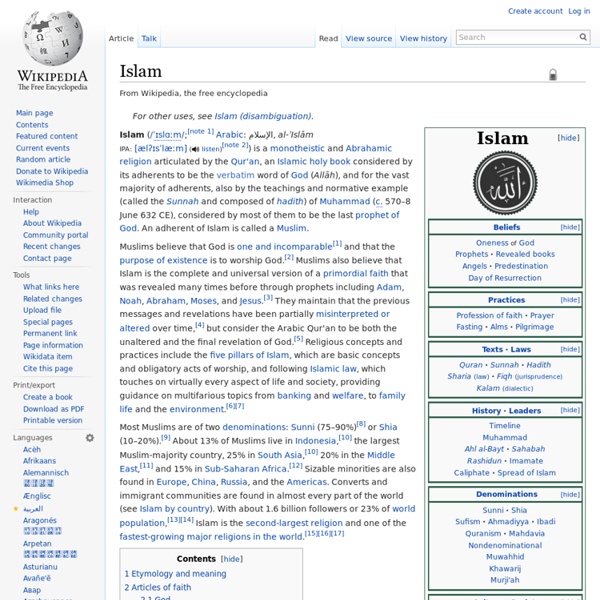Islam

Grounding – The Ultimate Healing Technique?
The amount of barriers to healing is a long and sordid list, with a dirty food, water and air supply sitting at the top. Combine that with a poor relationship with the sun and the earth, and true healing becomes very difficult. However, if we can reignite our connection with the earth by grounding, we may find healing becomes a lot easier. What is grounding? Grounding, also known as earthing, is based on research showing that having a connection to the earth’s electrical energy promotes physical well-being. Turns out, its one of the core foundations for true health and an absolute requirement for healing the body. The pioneer and the science Clinton Ober, a recognized pioneer in the concept of earthing, knew that the earth’s surface is made up of negatively charged ions, which contain extra electrons. Ober finally received support in 2004, after many years of personal research, when the Journal of Alternative and Complimentary Medicine published one of his studies. Sources:
Related:
Related:




Salam to all.
we are started a online store for kids ......... can easily learn by our Islamic resources we deal all kinds of islamic thing for kids. for more detail you can viit our website.
by ilmahkids Apr 26